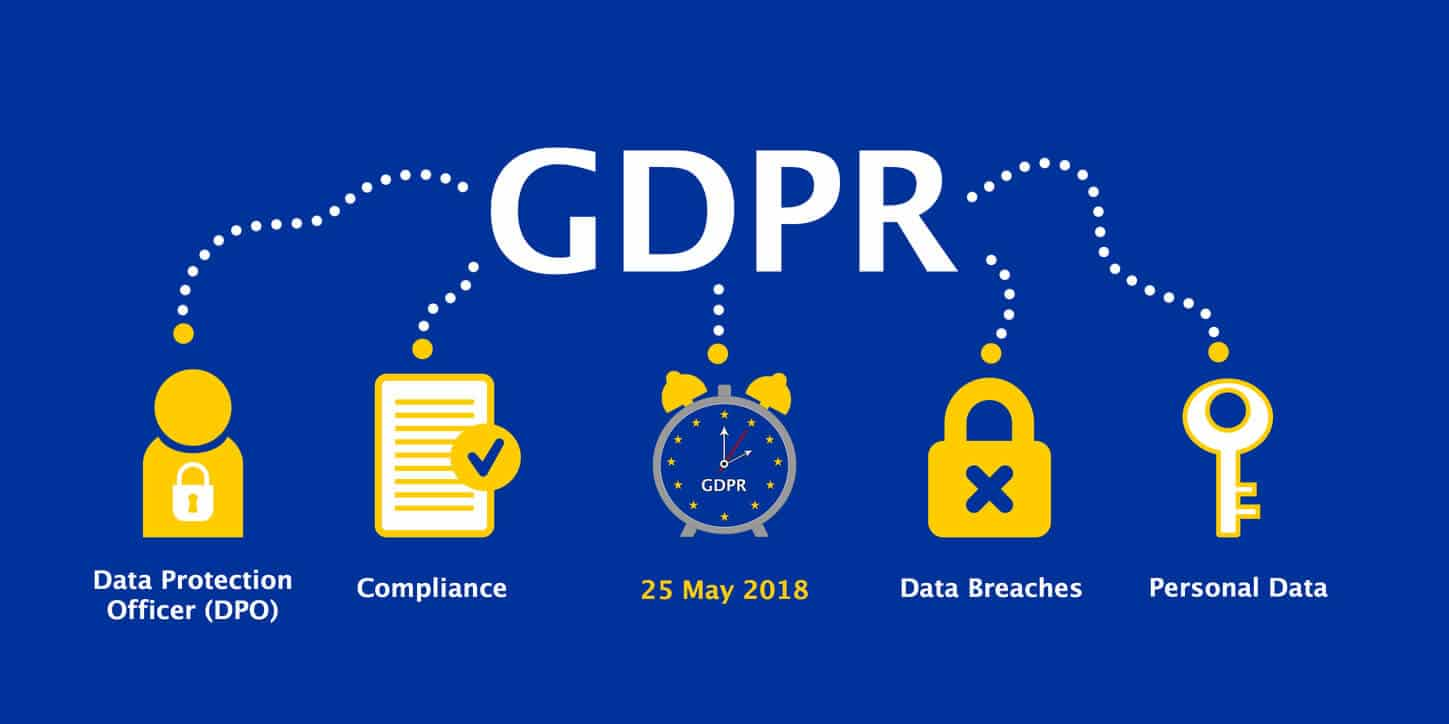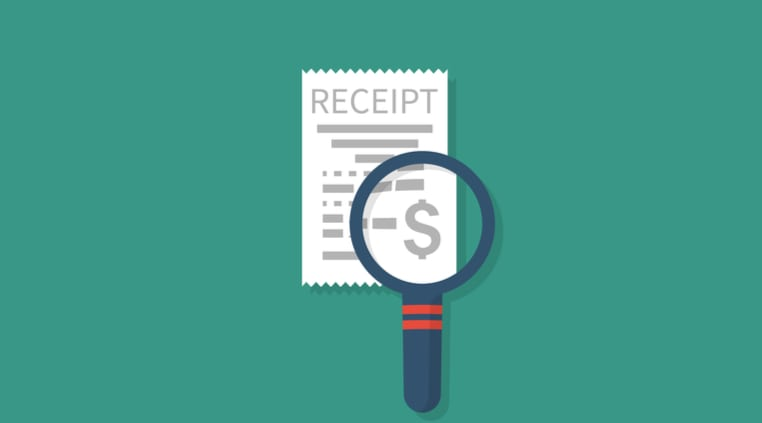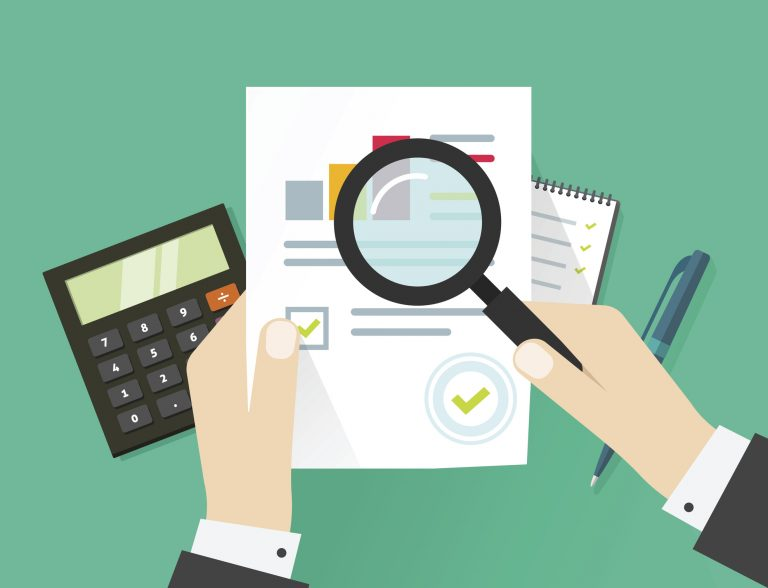How To Make Sure You Remain Compliant When Managing a Finance Business


Around 61% of IT companies admit to a compliance lapse in the past three years.
One of the biggest challenges of running a business is staying compliant with a myriad of rules and regulations that scrutinize finance businesses in general.
The regulatory grip of the governments on businesses has only increased in the past years and it becomes increasingly tough to manage it all.
If you too are a proprietor looking for ways to effectively manage compliance, this post is for you. We have put together a list of ways that will help you stay under the guidelines with ease.
How to make sure you remain Compliant when managing a finance business
Business compliance requirements are a bunch of rules and regulations set by governments for businesses operating under them. They are a necessary requirement to ensure that businesses do not indulge in unethical practices and mistreat their employees, partners, and customers.
From a business point of view, it may feel overwhelming to keep up with all the existing and newer rules. You may feel like you may overstep boundaries without even meaning to as there are multiple aspects to consider.
Tweaking a few things here and there and investing in some tools can go a long way in improving your adherence to laws. Here are some tips to help you strengthen your compliance strategy and get better results in the long run.
1. Ensure data protection with GDPR

Data protection is one of the most serious concerns in our society today. Therefore, it seems fitting that General Data Protection Regulation (GDPR) earned the reputation of the toughest security law in the world.
Introduced in 2016 but fully adopted in 2018, GDPR is the policy that regulates data protection and privacy in the European continent. In compliance with this law, companies must look after their handling of personal data and data processing.
Osano's detailed guide on the GDPR will help you understand the concept better along with the steps you need to take for complete adherence with the law. You should always strive to be transparent with your customers as a rule of thumb.
Data protection and privacy compliance should be one of the first points you sort out before you move on to other aspects. It not only straightens the path for the next steps you take but also earns you goodwill amongst customers and clients alike.
2. Revamp your policies
Whether you are a new business or an established one, you should do a thorough review of all your existing and upcoming policies. You can get external help from legal and accounting professionals to identify and rectify errors.
This is important because you essentially get to lay the groundwork for your company. As you review them, you also get to reorganize them. You can act with great control once you familiarize yourself with them.
Moreover, you should centralize all your policies on one accessible platform. Doing so will make it easy for you or your employees to revisit them as and when needed. Your staff will also get an opportunity to learn about them in a transparent way.
Now, you can have quick access to key pieces of information. You can access data, use it in data management, and edit it as per your need. Keeping your policies up-to-date helps create a smooth flow of information to all channels of your organization.
3. Train your staff
Whenever company compliance is discussed, the role of the staff is seldom incorporated into it. Compliance doesn’t just have to be the owner keeping up with the policies. Your team can be of tremendous help in keeping you within guidelines.
Conduct training sessions to explain to employees their role in the office and what they need to do to stay within compliance guidelines. Teach them the new technology and software you use to keep up with the policies.
Decentralizing the responsibility and involving everyone in your mission makes it far easier to manage. When everyone understands their role, they are less likely to make an error. And when they do, their coworkers can help them rectify it.
It takes the burden off your shoulders a bit as well. Managing policy compliance every day and per task is much better than doing a complete overhaul periodically. This is a much smoother approach that eventually makes those periodic audits more manageable as well.
4. Track your expenses

Most businesses tend to leave the expense tracking to the end of the week or month. However, it makes matters messy if you run into a few errors. You may also have to resort to backdating your invoices, which can be detrimental to keeping your expenditure on track.
Tracking your expenses in real-time helps you stay under your budget for the month. Think of it as calorie counting to stay fit. Logging what you eat as soon as you eat it lets you know how many calories you have left for the day and you can adjust upcoming meals accordingly.
There are many tools available to help you track expenses. Keeping up with your expenses, in turn, helps you keep up with the compliance policies and taxes. This approach is especially useful for small businesses that usually file their own taxes without any external help.
Filing, documenting, and tracking your daily expenditure creates a smooth workflow. Instead of burdening a few persons with it, the load is shared with everyone on the team on a daily basis. That is what helps you stay ahead of the curve.
5. Project management
There are two major aspects to project management for compliance.
Firstly, organizing all the activities performed under the projects they are for segregates work in a neat way. It makes it easier to track activities and assign roles to the workers accordingly.
Secondly, you get to micromanage individual aspects of a single project with ease. This kind of micromanagement at every stage helps tighten your practices and not have a lapse in compliance.
By managing every aspect of your projects, you can review your own performance better. What is more, you can even predict complications with clients or in the market to avoid them altogether or deal with them better.
Predicting the risks is indeed what helps small businesses avoid pitfalls and come out on top. There are many tools and software that help you monitor the intricate details of your projects in a neat way.
6. HR management
As you master compliance with partners and customers, don’t put HR compliance on the back-burner.
Even if you are a small business that cannot afford a dedicated HR professional, you can trust those duties with applications and software.
Keeping all the logs of your employees on a centralized platform helps you scale your organization considerably. Most importantly, it helps you stay compliant and not overstep boundaries.
All the sensitive information can now be stored in a safe and secure way. This is especially important for when your company will grow.
An organized platform containing all information of your employees will be crucial when you expand.
Even when you hire a dedicated professional for it, the transition from the software to the person will be seamless. You may even encourage the HR professional to work with the software, helping them stay in tandem with compliance requirements.
7. Audit yourself

There is no better way to prepare your company for an audit by doing one yourself from time to time. By this, we don’t mean a mock audit. We mean auditing yourself to find errors and rectify them in time for the real deal.
To bring this into practice, conduct ‘informal’ audits on a departmental level. They are likely to bring up potential lapses into compliances that you can rectify then and there. This may seem like a long-winded process but is actually going to cost you much less.
You can simply recognize errors at a smaller stage and rectify them before they grow big. With time, regular ‘informal’ audits will not even take too much time as they will become well-oiled machinery of their own.
8. Insure yourself
Insurance is something not every business needs. Most businesses — especially small businesses — will see them as an unnecessary expense. But they can go a long way in protecting your company in case you do make an error.
In the event of a compliance lapse, insurance will help you protect the interests of your vendor partners, clients, employees, and even your customers. It is a situation no business wants to be in but will be befitted to be prepared for.
Conclusion
Compliance regulations may feel a bit overwhelming to adhere to, but they are of vital importance to running a business. They not only keep you in check but also create goodwill for you.
Whether it is employees, clients, partners, or customers — people would be more willing to work with you as a result of your prompt obedience to the laws and regulations. Your compliance assures signifies your ethical business approach.
Let us know in the comments what your compliance strategy is and how our tips may help in enhancing them.







